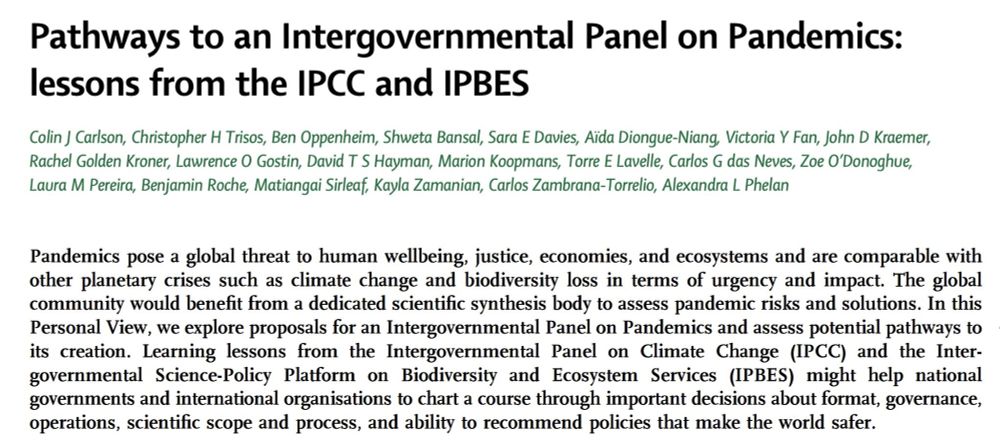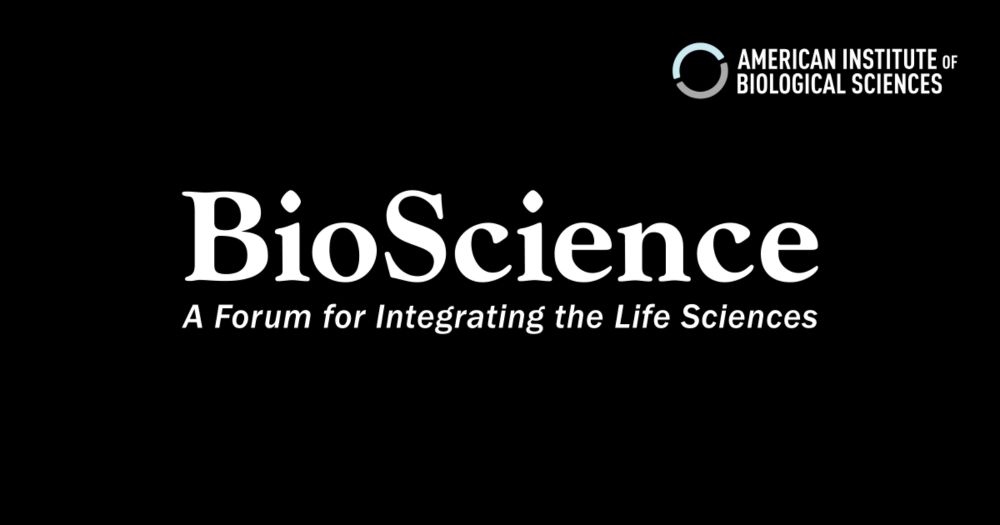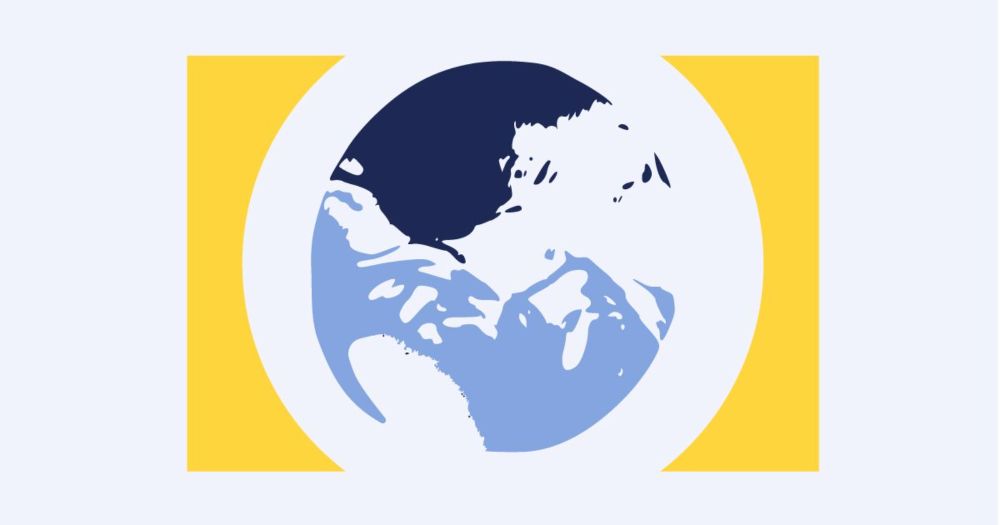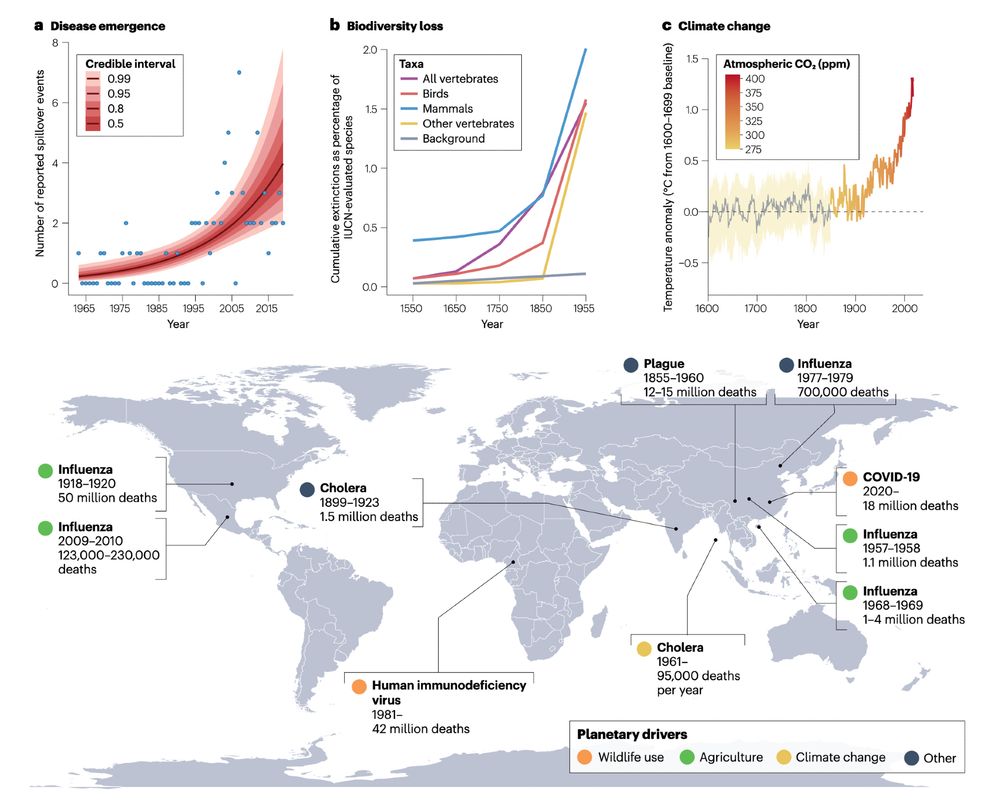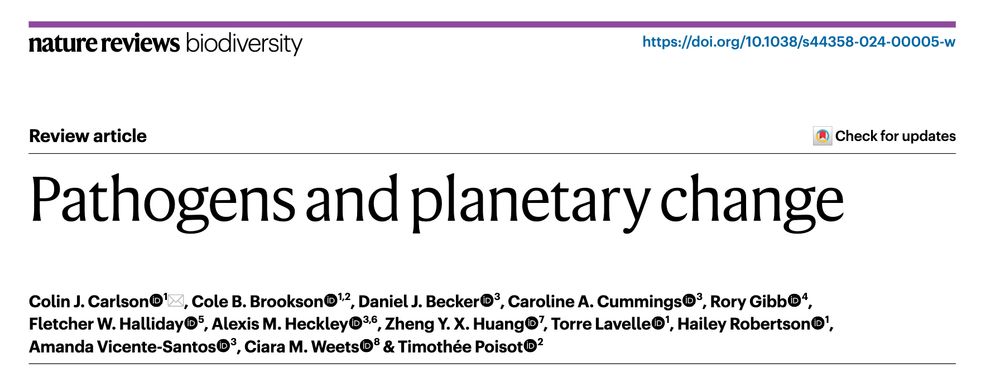Torre Lavelle
@torrelavelle.bsky.social
750 followers
600 following
10 posts
PhDing sph.yale.edu & viralemergence.org. Climate change, emerging infectious diseases, biodiversity loss. Probably thinking about dogs
Posts
Media
Videos
Starter Packs
Reposted by Torre Lavelle
Reposted by Torre Lavelle
Colin Carlson
@colincarlson.bsky.social
· Jul 28
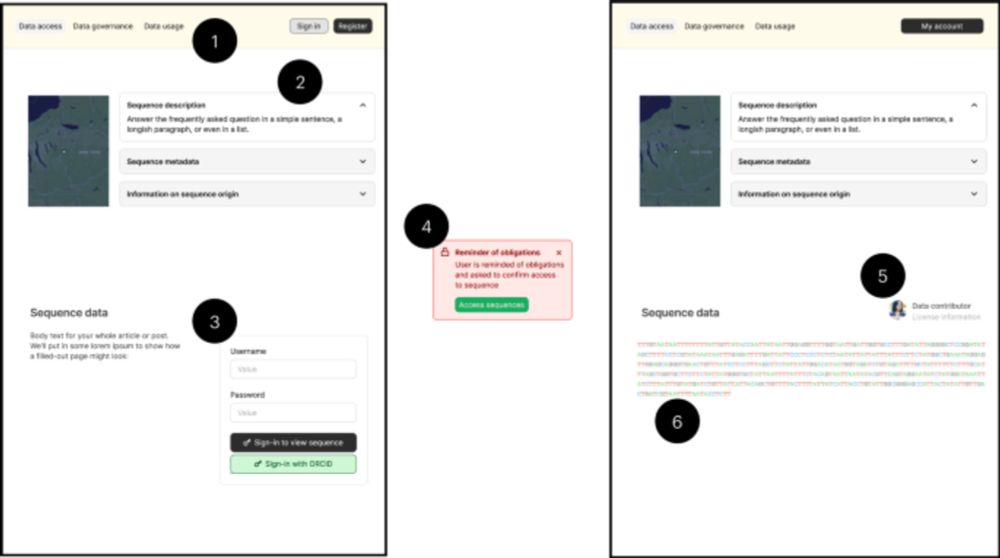
The LISTEN principles for genetic sequence data governance and database engineering - Nature Genetics
This Perspective proposes a checklist of six database design considerations, LISTEN: licensed, identified, supervised, transparent, enforced and non-exclusive, aimed at ensuring access and benefit-sharing principles in open science.
www.nature.com
Torre Lavelle
@torrelavelle.bsky.social
· Jul 21
Reposted by Torre Lavelle
Reposted by Torre Lavelle
Reposted by Torre Lavelle
Reposted by Torre Lavelle
Reposted by Torre Lavelle
Reposted by Torre Lavelle
Reposted by Torre Lavelle
Reposted by Torre Lavelle
Reposted by Torre Lavelle
Ciara Weets
@ciaramweets.bsky.social
· Jan 27

The WHO Disease Outbreak News during the Covid-19 pandemic
During the Covid-19 pandemic, the World Health Organization (WHO) was an important public source of information – not only about the pandemic, but also thousands of other potential health emergencies....
journals.plos.org
Reposted by Torre Lavelle
Torre Lavelle
@torrelavelle.bsky.social
· Jan 15
Reposted by Torre Lavelle
Ciara Weets
@ciaramweets.bsky.social
· Jan 15
Reposted by Torre Lavelle
Torre Lavelle
@torrelavelle.bsky.social
· Jan 13
Torre Lavelle
@torrelavelle.bsky.social
· Nov 22


